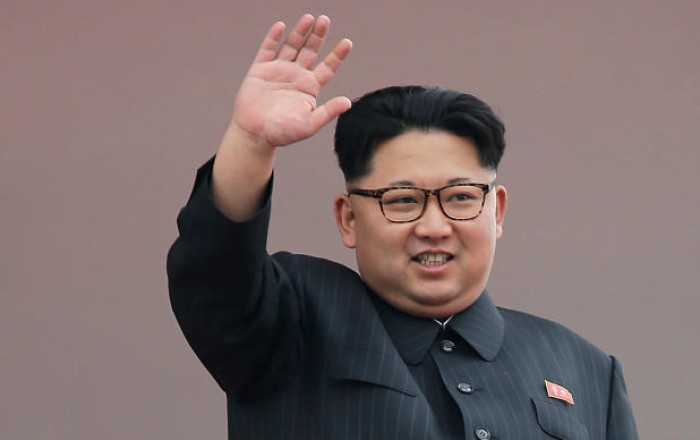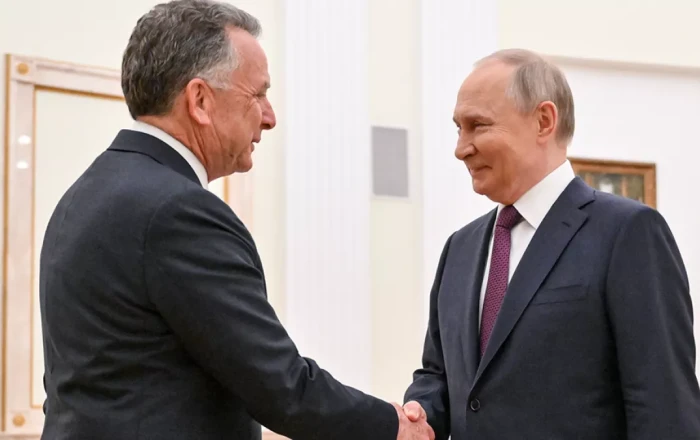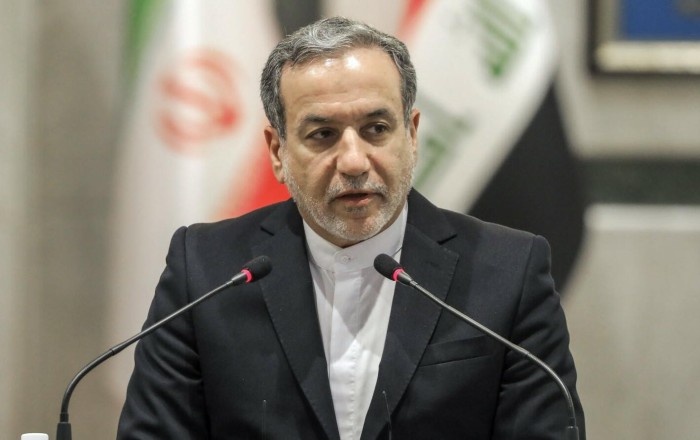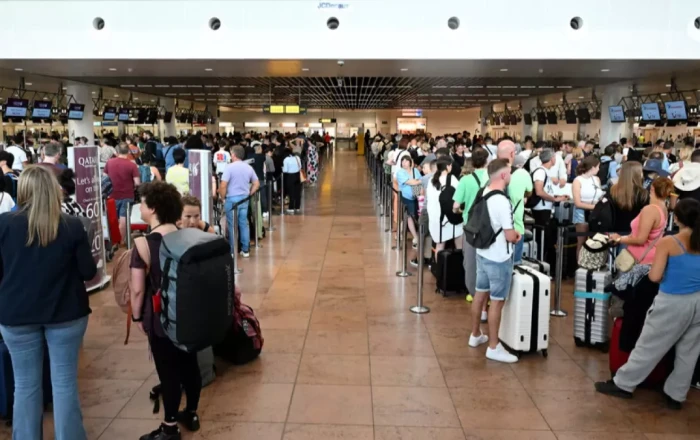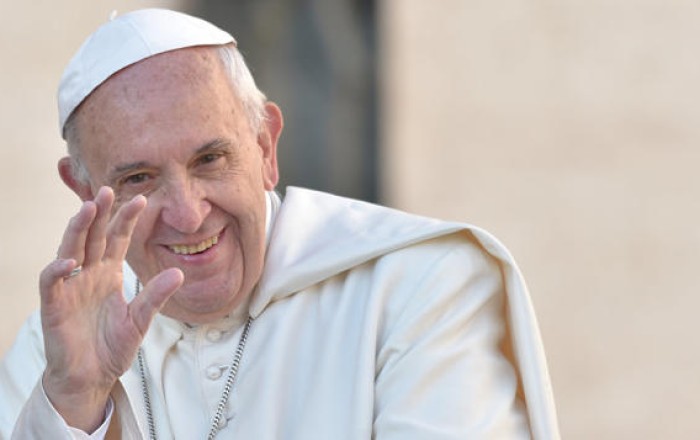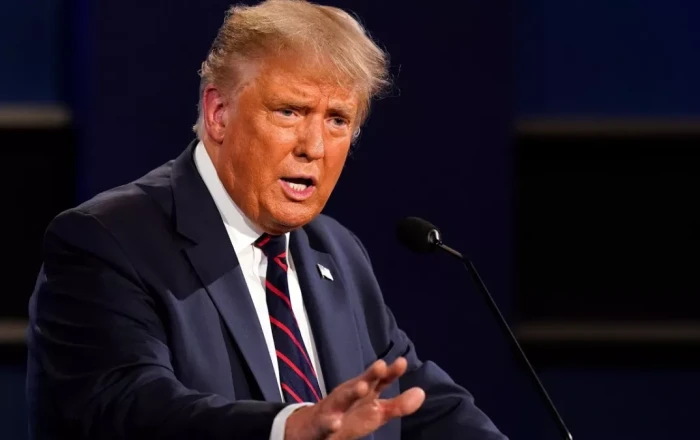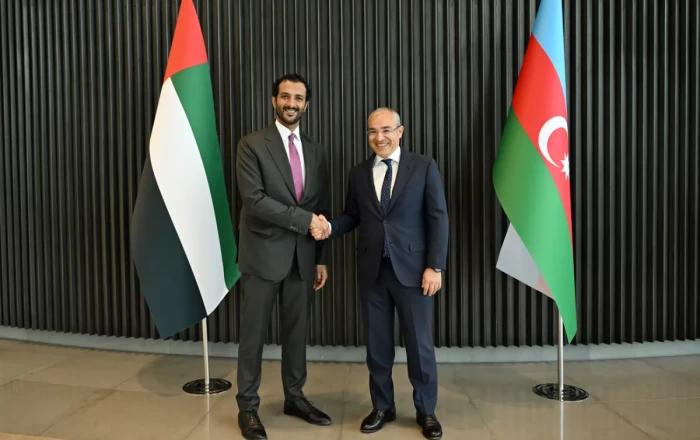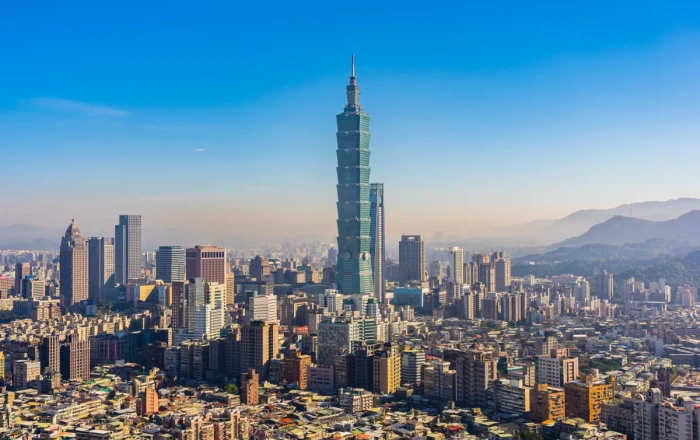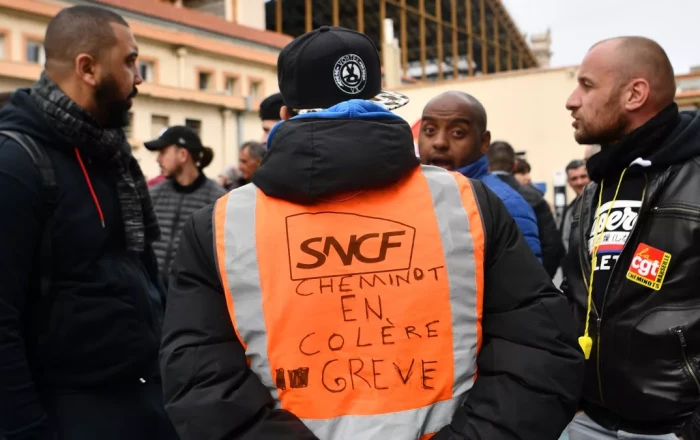The Nuremberg Trials were a historic legal proceeding that began 80 years ago. They became a landmark event, marking the first time that the aggression of one state against another was formally classified as a crime. In the dock sat 24 former high-ranking officials of Nazi Germany, including Hermann Göring.
The legal principles developed during the Nuremberg Trials, as well as the established criteria for accountability in cases of serious international crimes, gave a powerful impetus to the evolution of modern international law.
At the time of the trials and in their aftermath, it seemed that humanity was entering an era of peaceful coexistence — that blood would never again be shed over territorial claims by one state against another.
Alas, that hope proved to be mistaken. Since then, numerous wars have broken out in different corners of the world. Azerbaijan was drawn into one of them. Armenia waged war by laying claims to Azerbaijani lands.
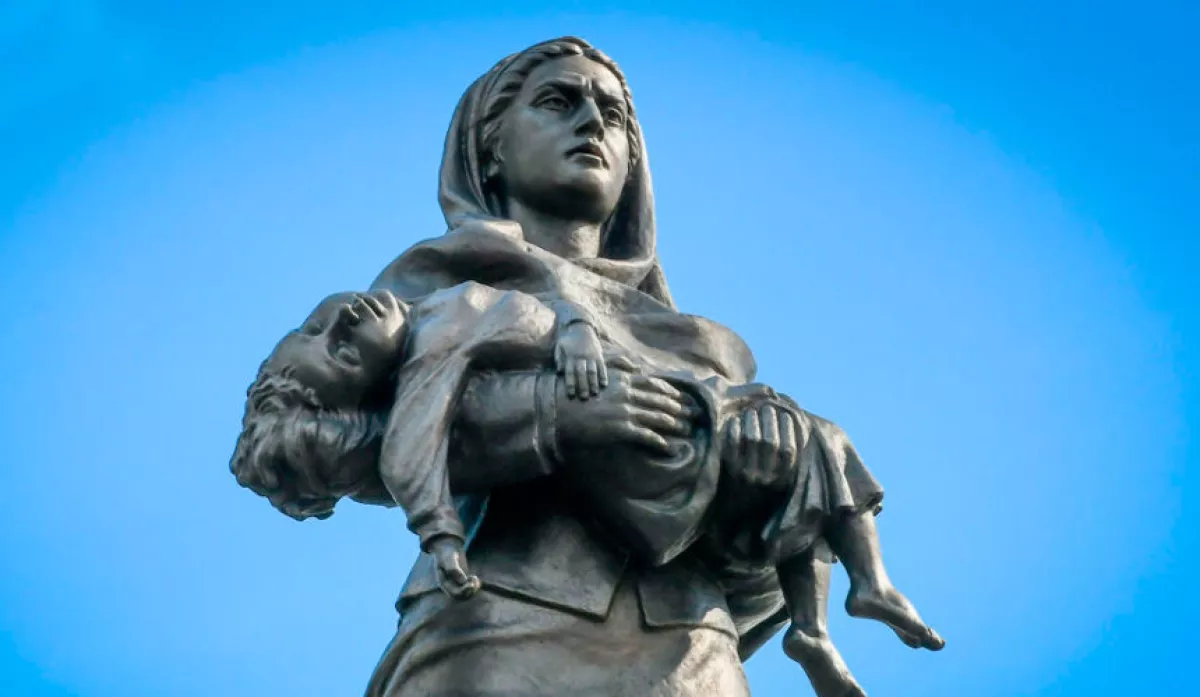
In the pursuit of expansionist ambitions, Armenian nationalists committed numerous atrocities. One of the most monstrous acts was the genocide in Khojaly. It has been 33 years since this tragedy, but only now are the perpetrators beginning to face accountability for their actions.
"Vanik Petrosyan gave us the orders"
A counterpart to the Nuremberg Trials is taking place today in Baku. The only difference is that former leaders of the Karabakh junta are in the dock. Once, like the leaders of Nazi Germany, they believed they would never be held accountable. How cruelly they were mistaken.
A resident of Khojaly, Yashar Almammadov, publicly spoke about the torture he endured in Armenian captivity during the First Karabakh War. He identified Bako Sahakyan, Arkadi Ghukasyan and Madat Babayan among the defendants.
"Members of Madat Babayan's gang, including him personally, tortured me. When I was in captivity, Madat approached me and said, 'You are a Turk,' then began to kick me and insult me," said Almamedov.
Babayan was unable to refute this accusation. Moreover, he himself made shocking confessions, revealing that all orders in Khojaly were given by Arkady Shirinyan, nicknamed "Kholostoy," and added: "Vanik Petrosyan gave us the orders. Vanik gave the order to shoot and kill unarmed people. Vanik and Arkady cut off people’s fingers, as well as the ears of corpses."
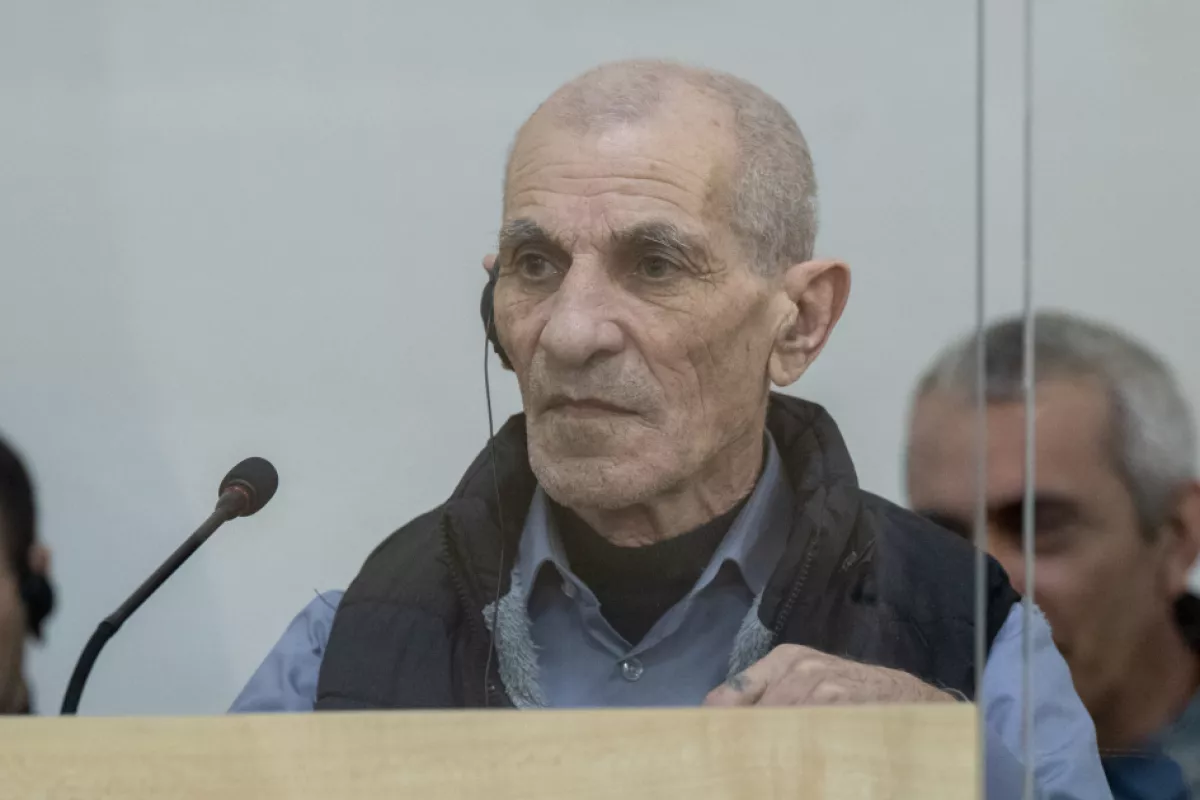
Madat Babayan admitted his involvement in the killings of unarmed civilians, stating, "We made a mistake."
He also revealed that he saw about 150 bodies in Khojaly — the bodies of children, elderly people, and women, which Armenian soldiers loaded onto trucks and took away.
This confession confirms attempts by the Armenian side to cover up the traces of a crime against humanity, in which, according to several testimonies, the former Armenian Defence Minister, Seyran Ohanyan, also participated.
In July 1988, he was transferred to the command of the Transcaucasian Military District and appointed as the commander of a motorised rifle company of the 366th Guards Motorised Rifle Regiment.
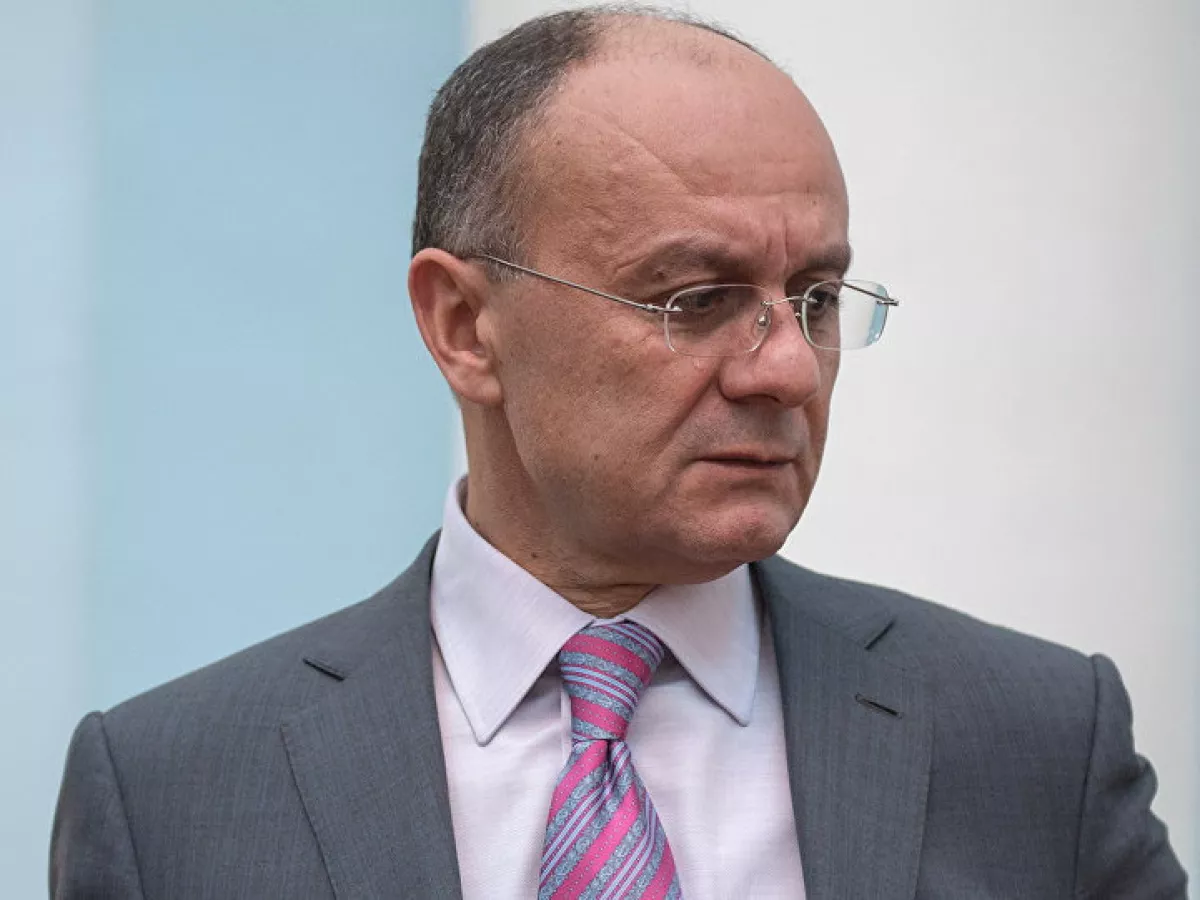
In August 1989, Ohanyan became the deputy commander of the motorised rifle battalion of the same regiment, and from September 1990, he served as its commander. It was he, along with other Armenians serving in the notorious regiment, who participated in the genocide against the peaceful Azerbaijani population of Khojaly.
Like Robert Kocharyan, Serzh Sargsyan, and Samvel Babayan, he should have been on trial in Baku, facing investigation. But even in their absence, an important confession was made — openly, in court, in the presence of numerous witnesses.
Madat Babayan not only admitted the facts, but his candid testimony became so resonant that it cannot be ignored. His words were quickly picked up and widely disseminated by both local and international media.
Now, all those deputies, including members of the European Parliament, politicians from various countries, as well as journalists and bloggers, who shamelessly demanded the release of former leaders of the Karabakh junta, find themselves in a pitiful and disgraceful position.
It is clear that even after Babayan's revelations, they will continue their "campaign." However, in their case, even the phrase about selling one's conscience sounds strange — the lack of the very product is too obvious. But no matter how hard they try, the world has heard the truth and made the connections.
Obvious parallels
"I personally witnessed the process of poisoning people with gas in Auschwitz. Up to 10,000 people could be destroyed in 24 hours," — this is a quote from the testimony of Rudolf Höss, given on April 15, 1946.
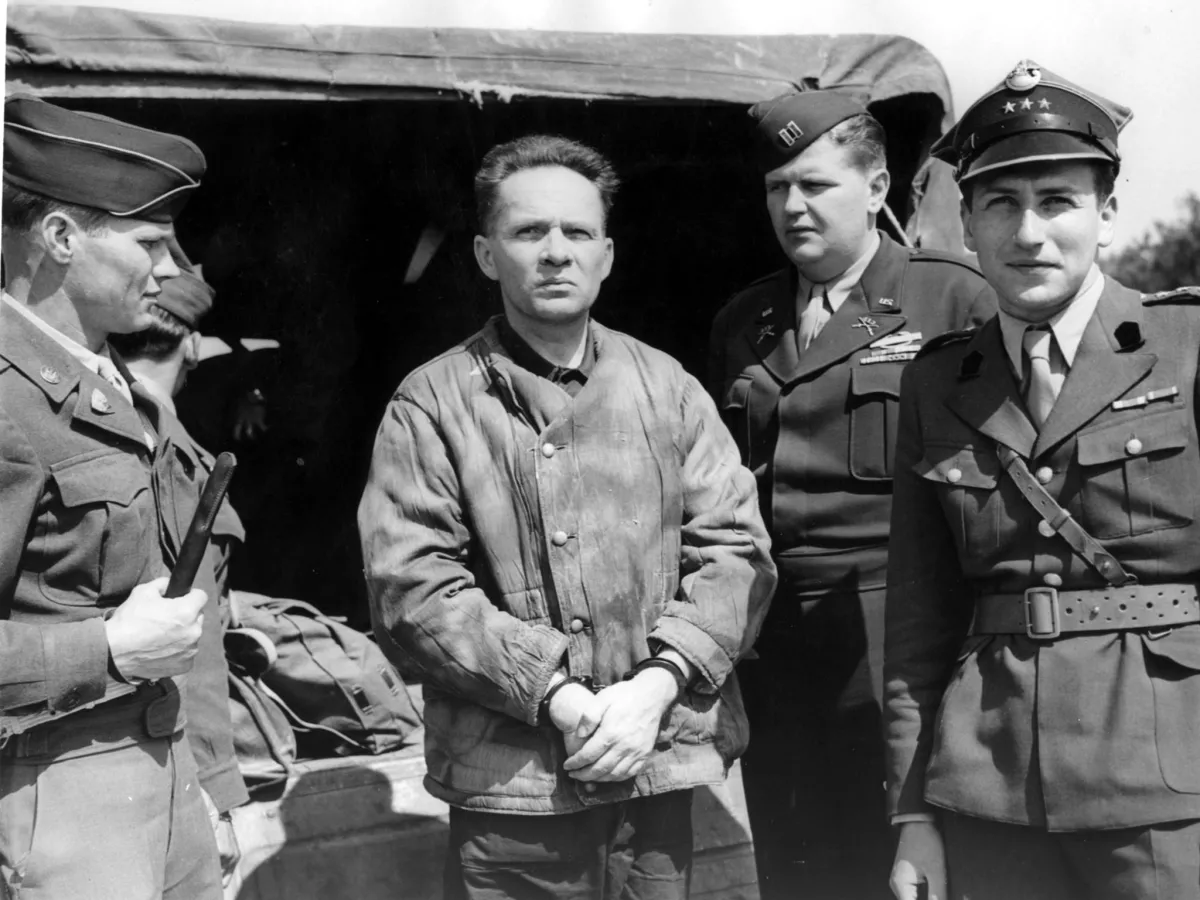
Höss admitted that under his command, more than 2.5 million people were exterminated at Auschwitz, the majority of them Jews. He gave detailed descriptions of the technical operations of the gas chambers and crematoria.
"We heard gunshots. It went on all day. In the evening, the ground in the pit was moving," — from the testimony of survivor Dina Pronicheva.
She recounted that on September 29–30, 1941, 33,771 Jews were killed — one of the largest mass executions in such a short period.
"Transport the Jews from the territory of the General Government to the extermination camps..." — this is a quote from an order by Adolf Eichmann, presented at the Nuremberg Trials, where dozens of documents signed by top SS officials were made public, outlining the systematic extermination of millions of people.
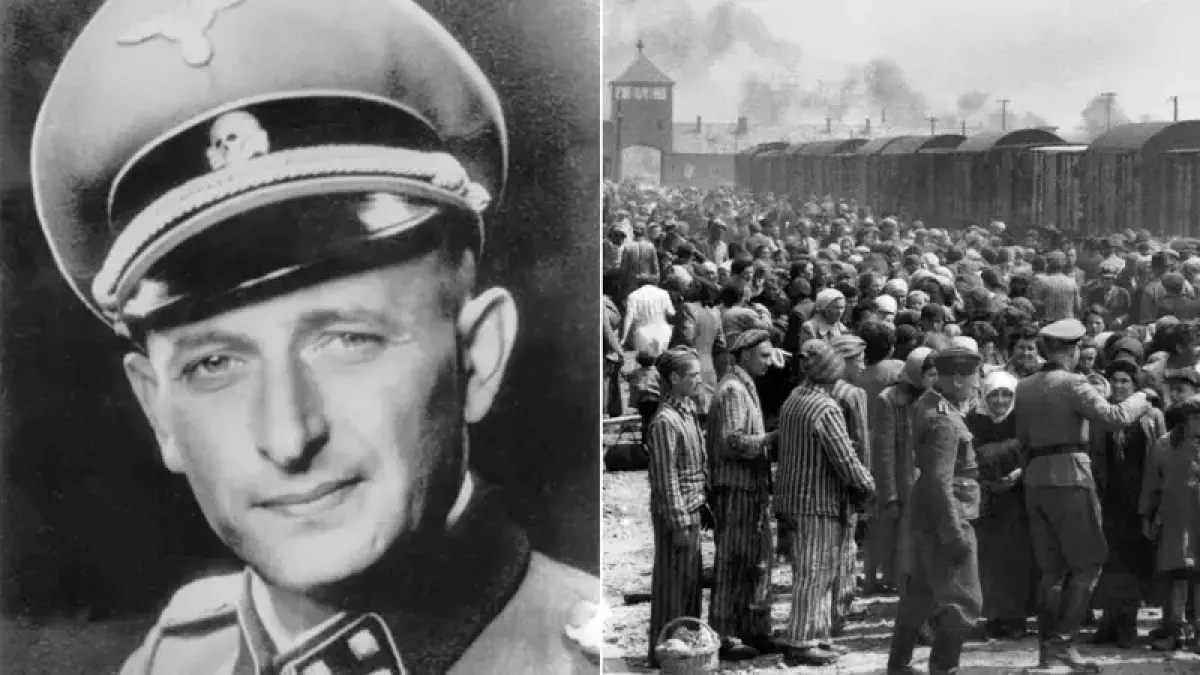
Here is another testimony presented at the tribunal, given by Dr. Sigfried Rascher: “We froze prisoners until their body temperature dropped below 25 degrees Celsius, and then attempted to revive them… Sometimes with hot baths, sometimes through sex with nurses.”
There were many such testimonies during the trials against the Nazis.
Now imagine how those who dared to defend individuals accused of such crimes would look. The answer is clear — monstrous, immoral, and depraved.
And that is exactly how those appear today who are calling for the release of the former leaders of the Karabakh junta — individuals who themselves are making chilling confessions about the horrors they committed.
Source: caliber.az



